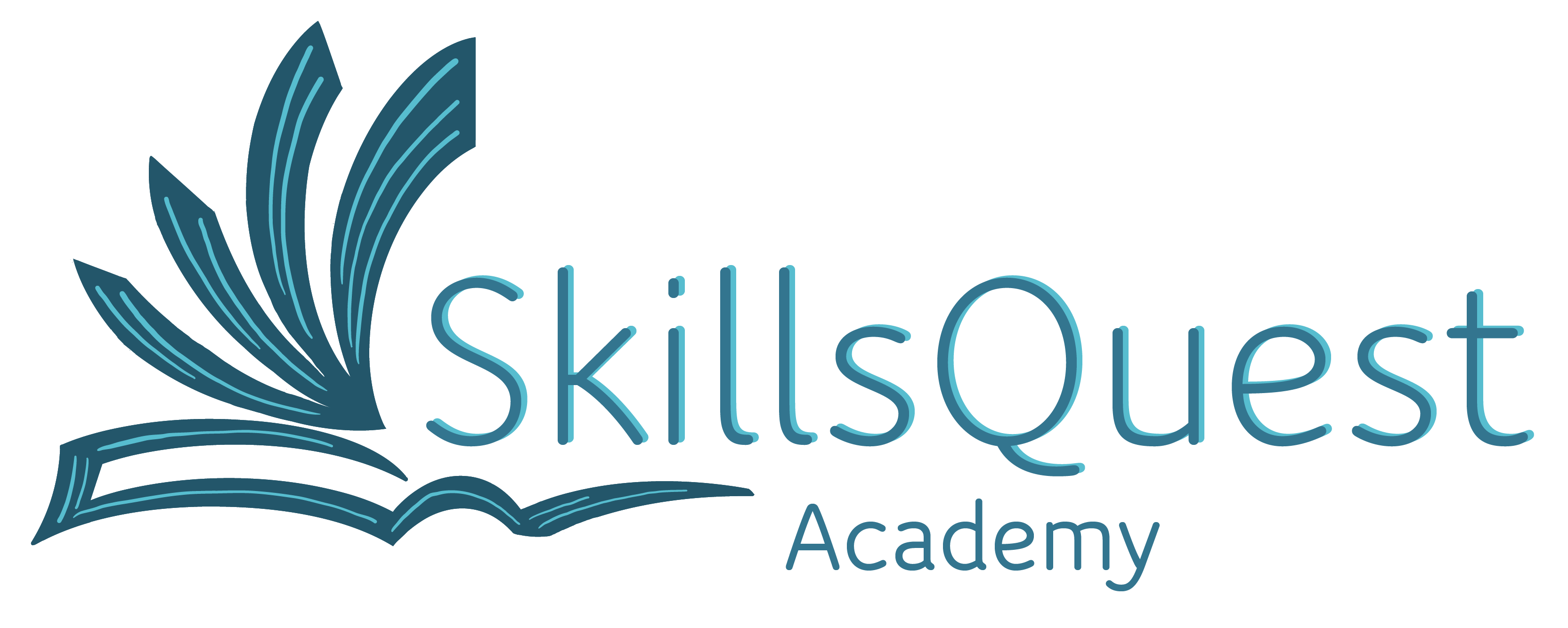Business Consultancy Short Course
The consulting industry has seen substantial growth in recent years, both in terms of financial success and a shift in its focus.
Consultants are now more dedicated than ever to providing practical, high-quality advice to businesses. In the UK, the Institute of Management Consultants has partnered with the Chartered Management Institute to guarantee the delivery of effective and valuable guidance to clients.
This course is thoughtfully structured into ten manageable units, each exploring key aspects of the field.
Business Consultancy Short Course Diploma Entry Requirements:
All students must be 16 years of age and above to enter into our Business Consultancy Short Course Diploma (Level 3).
Short Course Diploma courses require a minimum prior learning to GCSE standard in order that students can manage their studies and the assumed knowledge within course content.
Study Hours
200 hours in total. Or 20 hours per week over 10 weeks.
Assessment
Written assessment at the end of each unit of study.
Enrolment
Please note that you can enrol on this course at any time.
Course Content
Unit 1 – Introduction to Business Consulting
Businesses seek external help for specific workplace issues or legal requirements. Management consulting, or strategy consulting, aids companies in improving performance by analysing existing problems and devising future plans. This involves cross-fertilisation of best practices, analytical techniques, change management, coaching, technology implementation, and strategy development. Management consultants use a formal framework to identify and address issues, offering more efficient business solutions. The line between management consulting and other practices, like IT consulting, is often unclear. Consulting teams typically include analysts, specialists, and reviewers to ensure a smooth transition to new methods.
The first module of business advisory focuses on developing consulting skills, serving as an administrative interface with external consultants. It enhances business knowledge and emphasises the importance of consulting skills, providing specialist services such as strategy studies, business process reviews, and HR consulting to busy executives through interim management services.
Unit 2 – The business of Consultancy and Advisory services
Consultancy is evolving in the new global economy, impacting reasons for hiring consultants, the expected engagements, and the role of professional bodies in ensuring quality advice. Professional Management Consultants adhere to a Code of Conduct, engage in contractual agreements, define clear roles, and establish effective communication with businesses, incorporating analysis, review, and evaluation. A historical study explores the growth of management consultancy firms and their connections to Manufacturing, Industrial Organisations, Banks, Financial Institutes, Government, Public sector Organisations, the Education Sector, Professional firms, and the Medical Sector.
Unit 3 – Effective Stakeholder Management
Stakeholder engagement encompasses the business’s relationships with clients, the local community, business associates, and governing bodies. This course focuses on building and maintaining key client relationships, instilling confidence, understanding and addressing problems, delivering quality services, managing expectations, using intervention, and adding value. The emphasis is on practical learning through case studies, illustrating the importance of quality, the stages of advice delivery, and project planning. The course delves into understanding dynamics, leveraging ideas from colleagues, and utilising best practice guidelines to enhance effectiveness and drive positive outcomes.
Unit 4 – Key Consultancy Skills
This section expands on previous content, providing essential techniques for becoming a qualified Management Consultant. It includes diverse consulting approaches, and proprietary methods for a project management toolbox, and covers topics such as effective research, conducting interviews, client meetings, executive presentations, problem-solving, decision-making, and report preparation. The primary aim is to add value, fostering efficient and productive business operations while adhering to legal and ethical standards, with membership in an accredited body serving as a guiding resource for consultants in this role.
Unit 5 – Managing Project Assignments
Project management involves Planning, Organization, and Control in a structured environment. This unit emphasises fundamental skills in managing third-party and sub-contract relationships, covering planning overview, relationship management, project controls, risk awareness, and change control procedures. Active leadership and teamwork, especially with the client group, are crucial for success. Managing resistance to consultants and maintaining stakeholder support is essential for effective change. The budget is a key aspect, requiring due diligence and consideration of Resource Management in the overall project plan.
Unit 6 – Planning Consultancy Assignments
This module focuses on the pivotal early stages of project management, emphasising securing bids and building a professional reputation. Meticulous planning, including cost analysis, engagement management, delivery strategies, and comprehensive toolkits, is essential. Technological advancements in the industry bring both tools and challenges. Navigating challenges like system diversity and modernisation complexity builds trust with clients. The module covers crucial planning methodologies such as cost estimation, resource management, critical path analysis, and risk mitigation. Consultants mastering these techniques can effectively guide clients through transformations, ensuring success and establishing themselves as trusted advisors.
Requirements
- All students must be 16 years of age and above to enter into our Business Consultancy Short Course Diploma (Level 3). Short Course Diploma courses require a minimum prior learning to GCSE standard in order that students can manage their studies and the assumed knowledge within course content.








